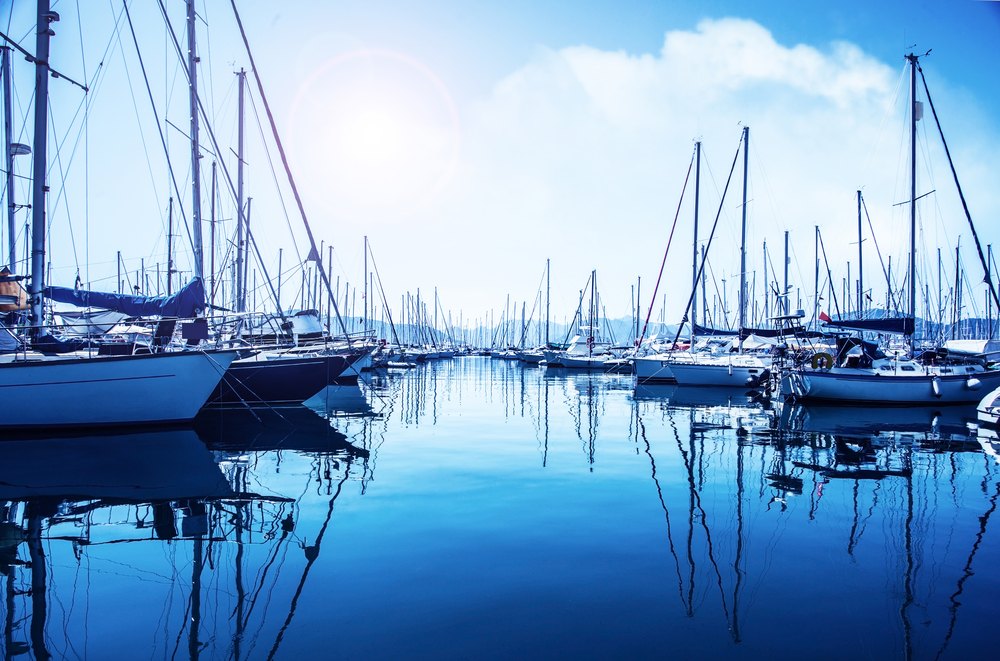
Marine Repair: Summer Maintenance Tips
July 7, 2015
As the weather warms up, local waterways continue to provide relief from inland temperatures. As many boaters prepare for weekend excursions this summer, your clients are likely to see an increase in business. However, maintaining the vessel is imperative to boating safety, the vessel’s lifespan, and an improved boating experience. During this popular season, advise your clients to take the proper precautions to defend against being sued by a boater for negligence or faulty work with a Marine Repairers Liability policy.
The following are a few summer maintenance tips that could help reduce their risks. It’s important for your clients to share these tips with boaters as well, so that the boaters themselves can continue to maintain the hard work marine repairers put into their vessels.
Check and Clean the Hull- The summer weather particularly affects the hull of a boat. A poorly maintained hull will cause the boat to have gear issues, black smoke, decreased engine capabilities, and cause the boat to burn more fuel. During the summer months, it is recommended the hull be cleaned approximately once a month, depending on its condition.
Lubricate Steering- The increased heat of the summer season has the potential to rust or jam the steering component of the vessel. Lubricating the steering and shift linkage can help to promote a stable working condition.
Service Strainers- Open water systems such as air conditioning, water mains, and generators can become affected by marine growth. Using strainers can help to catch the debris and waste for easy removal. This upkeep should be completed at least weekly or bi-weekly depending on the level of marine growth.
Maintain Mooring Lines- The stationing component of the watercraft should be maintained in order to ensure good working order and that it can properly secure your boat.
Check Coolant- Coolant and fresh water should be at a steady 50:50 ratio to ensure smooth running.
Check Engine-Maintain appropriate oil levels and tune the watercraft’s engine per its individual specifications.
Carbon Monoxide Detection- An enclosed cabin on a vessel should always contain a carbon monoxide detector for safety. Check for exhaust system leaks to prevent against fatal poisoning, as this poses a huge safety concern. For example, the California Division of Boating and Waterways reported that there were 571 reported carbon monoxide poisonings on boats between 1990 and 2004 alone.
Following these simple maintenance instructions can help reduce your client’s risk for litigation and claims. At Merrimac Marine Insurance, LLC, we are dedicated to providing quality insurance solutions for the recreational marine industry and the people who represent it. To learn more about our products and services, contact our specialists today at 888.344.1687.
